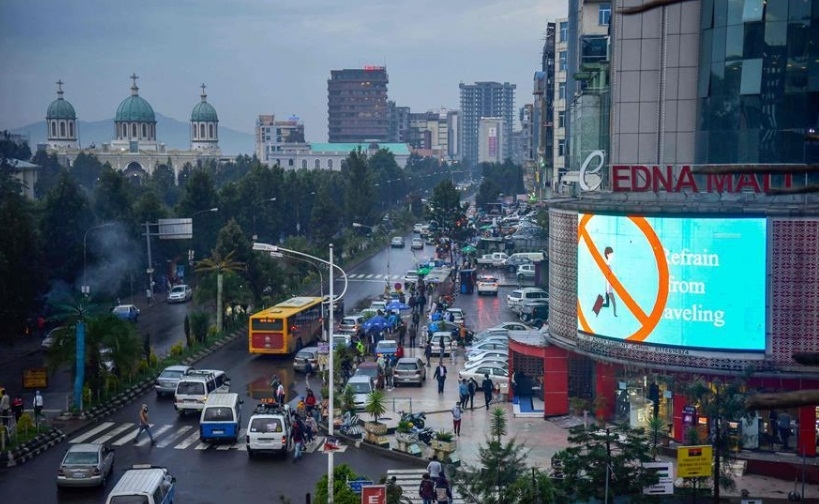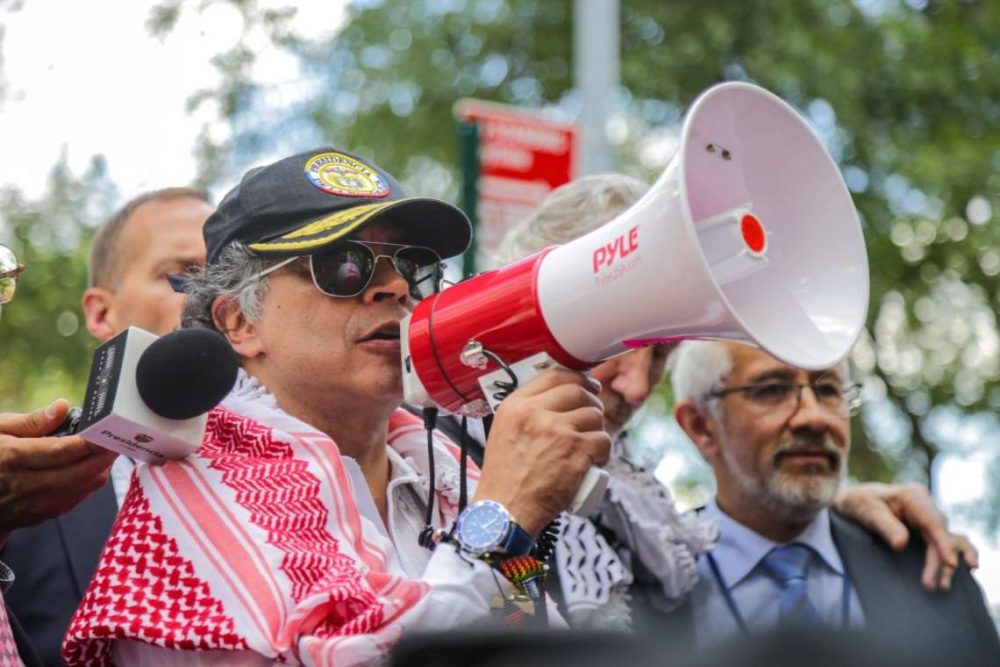Since 2019, the Macau government has asked Taiwan officials at TECO-Macao, which is administered by the MAC, to sign affidavits recognising the “One China” principle in order to be issued with new visas…reports Asian Lite News
Taiwan has said that it is finding it difficult to send officials on posting at its representative office in Macau as the special administration’s government was denying visas to those who do not sign an affidavit recognising Beijing’s ‘One China’ principle, Taiwan News reported citing the Mainland Affairs Council (MAC).
China resumed sovereignty over Macau in 1999.
While addressing a press conference, MAC deputy head and spokesperson Liang Wen-chieh said that the Taiwan Ministry of Foreign Affairs (MOFA) official previously serving in the Taipei Economic and Cultural Office (TECO) in Macau returned to Taiwan on July 23 after being posted there for over 10 years.
Liang said that another MOFA official was unable to join in Macau after he was unable to obtain a visa “as the Macau government continues to unilaterally impose a political condition for visa applications,” according to report by the Taiwan’s Central News Agency.
Liang said the Chinese Special Administrative Region government requires officials posted there to sign an affidavit adhering to the “One China” principle that “our side cannot agree to,” adding that it resulted in the individual not being able to take up the post in Macao.
Since 2019, the Macau government has asked Taiwan officials at TECO-Macao, which is administered by the MAC, to sign affidavits recognising the “One China” principle in order to be issued with new visas.
Before the implementation of this rule, Taiwan officials posted to Macau were able to reside in the territory by extending their original visas.
Liang said that it was not feasible to force the recently returned MOFA official to remain in Macao. He called on the Macao government “not to impose unnecessary obstacles” to the new appointment who is due to fill up the vacant post.
Liang said that Taiwanese authorities “will prepare for the worst” if the Macao government continues to insist on such requirements for Taiwanese officials. He, however, did not mention the actions that would be taken. However, he noted that it would affect civil exchanges between Taiwan and Macao and damage the international image of the city.
Asked about the effect on Taiwanese living or travelling to Macao after the return of Taiwan’s MOFA official, Liang said the official’s past duties included assisting with matters linked to visas, entry and exit certificates and passports.
He said that since the post is now vacant, those services have to be handled through online appointments and remote monitoring, which would cause significant inconvenience, CNA reported.
According to information provided by the MAC, TECO-Macao should have eight Taiwanese officials, from various government agencies, like National Immigration Agency, MOFA and the MAC.
After the Taiwanese MOFA official’s return to Taiwan, only two Taiwanese officials, both MAC staff members who have been posted in Macao for seven to eight years remain, along with 14 local Macao employees.
Meanwhile, Liang said that the results of the MAC’s latest survey have indicated that 84.6 per cent of Taiwanese do not agree with China’s new guidelines targeting “diehard” advocates of Taiwan independence and the implementation of new national security regulations that enable the authorities to inspect personal belongings.
According to the survey, 85.1 per cent of respondents did not agree with the China Coast Guard’s claim of “regular law enforcement patrols” in waters near the Taiwan-held Kinmen Islands, Central News Agency (CNA) reported.
The survey was conducted by National Chengchi University’s Election Study Center through telephone interviews with adults aged 20 and above in Taiwan from July 26-30. The survey was commissioned by MAC. The MAC said that 1,073 valid samples were collected, with a confidence level of 95 per cent and a margin of error of plus or minus 2.99 percentage points. (ANI)
ALSO READ: India’s VC Growth Skyrockets, China Plummets









